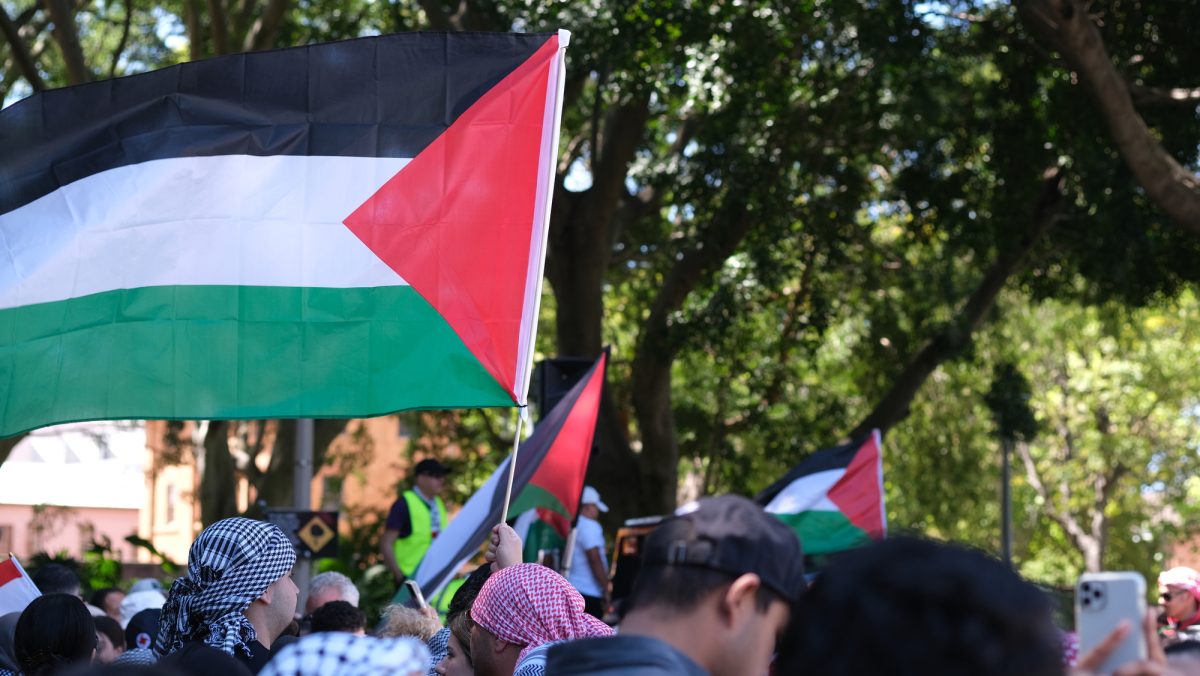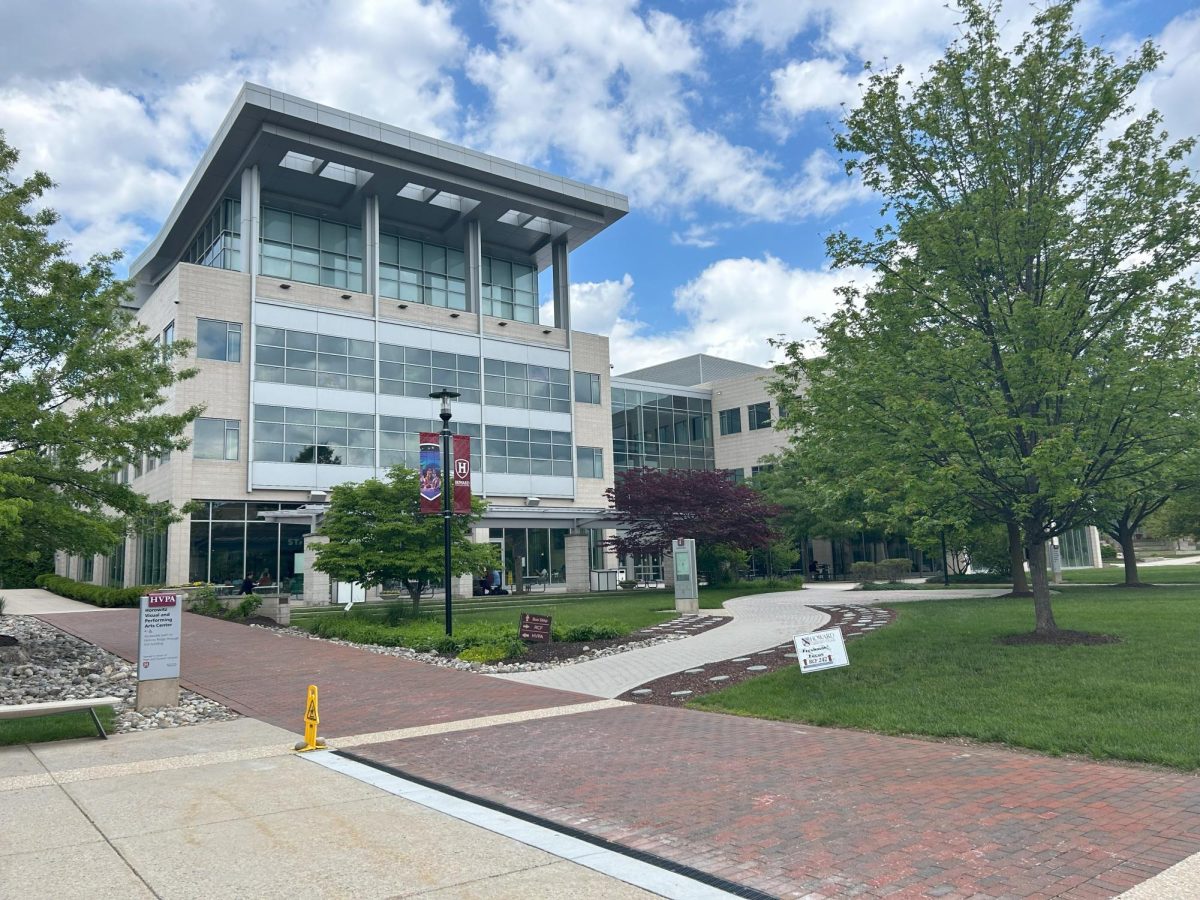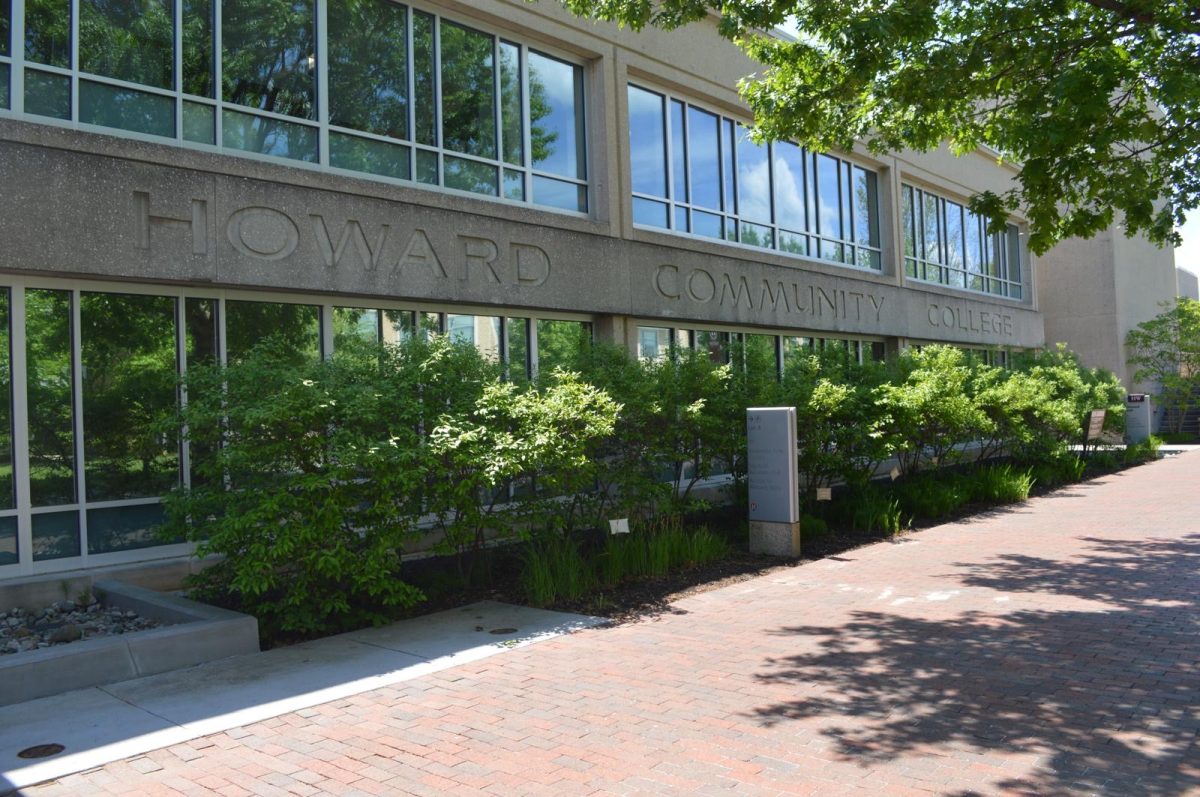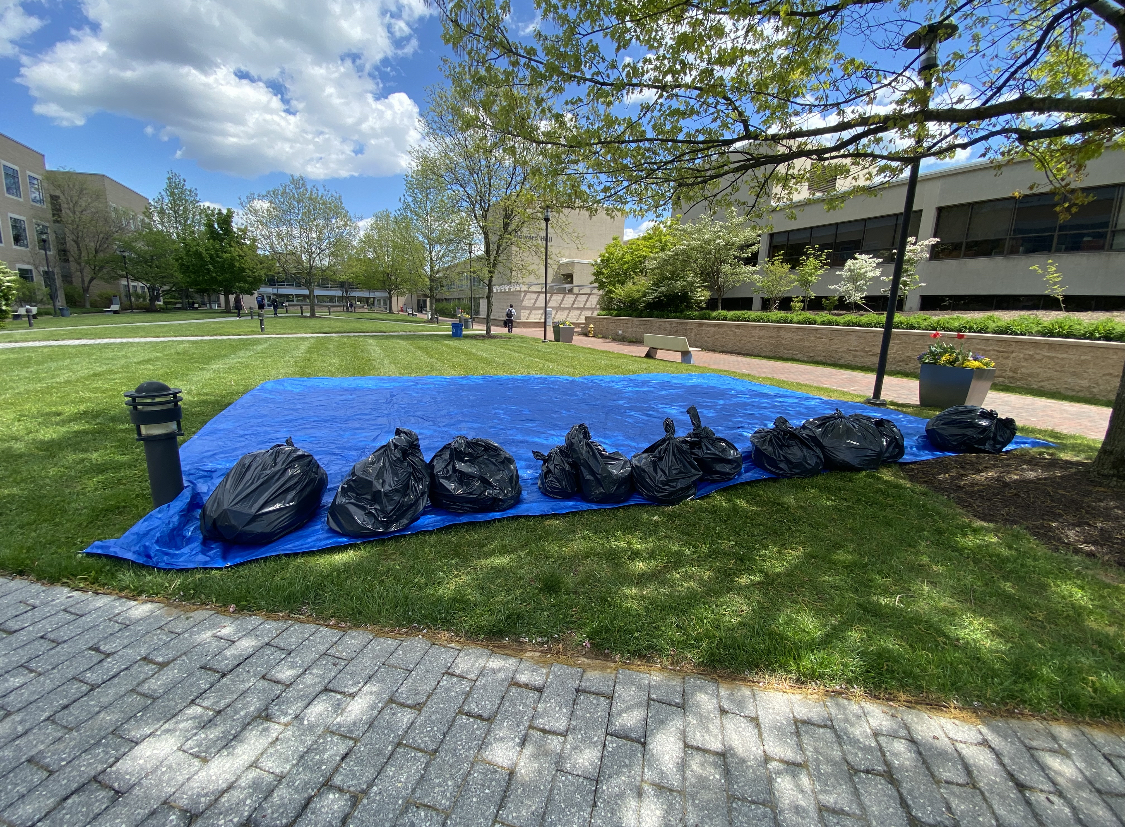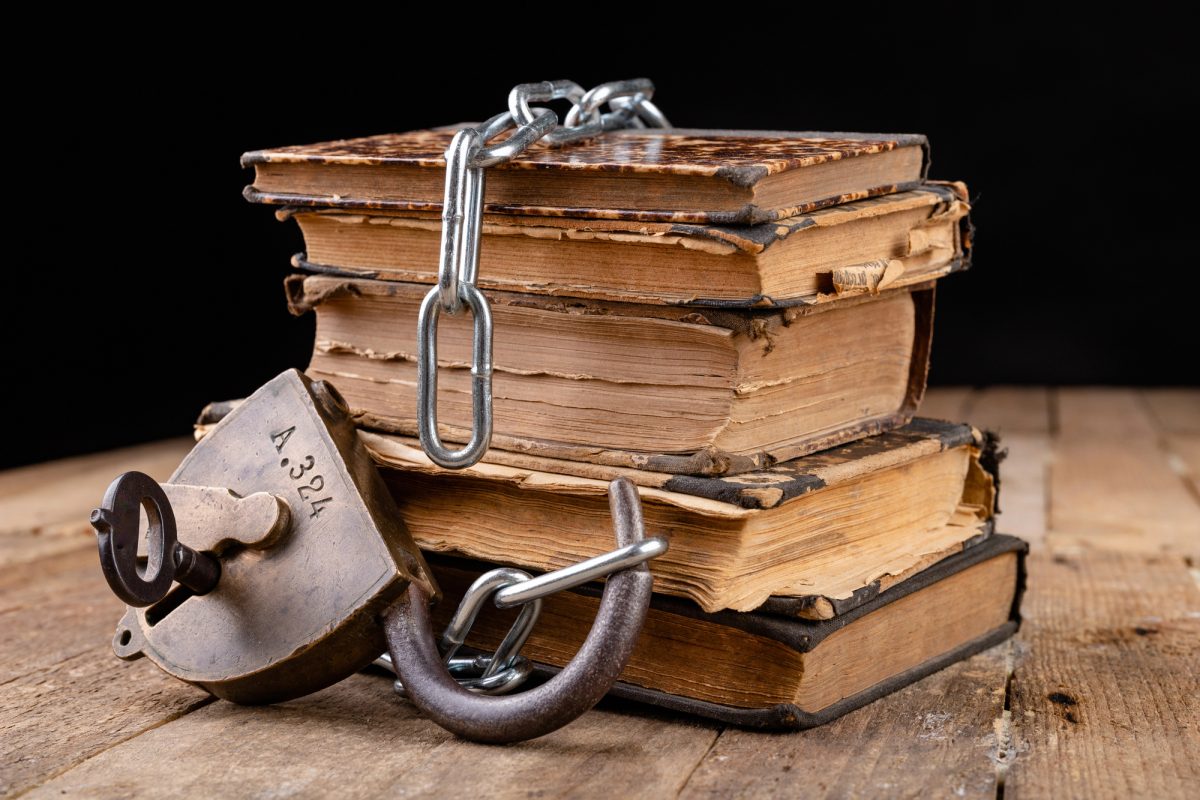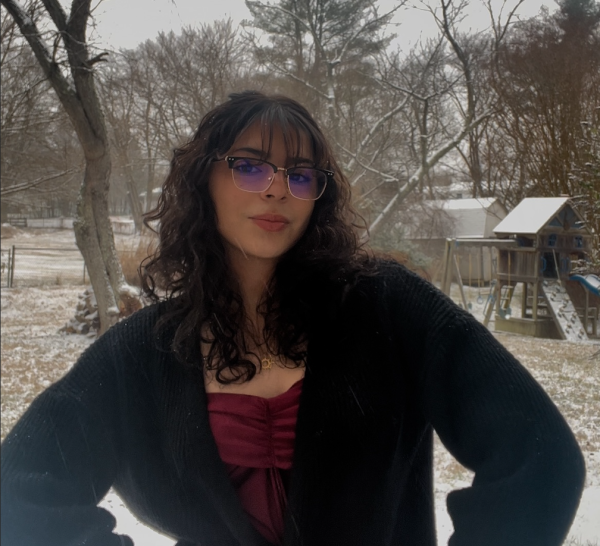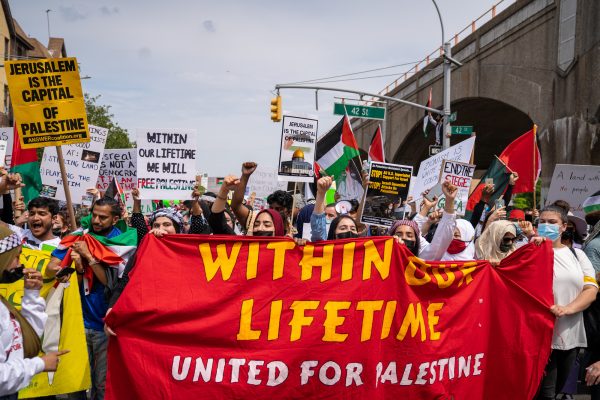
On October 7, 2023, the world was shaken by the escalation of the Israel-Palestine conflict, which highlighted a significant conflict of views in the Howard Community College (HCC) community.
In any war, there are two sides, and HCC students Saige Soskil and Samihah Keita experienced struggles of being Jewish and Muslim, respectively. Within the bounds of HCC, there exists a diverse community. However, outside of this bubble, it seems rare for opposing views to coexist with mutual respect.
Certain issues or subjects, like something heavy as war, something heavy as genocide, can all be hard to talk about, regardless of what side you are on. There are just a lot of external pressures from everyone, there’s pressure on campus to not really talk about it. It’s a controversial topic to either talk about it or not. I think they’re just like, we don’t want to prevent discourse and an uproar,” said Keita, a first-year Social Science and Psychology major.
The Israel-Palestine conflict began with the adoption of Resolution 181 in the late 19th century. The Partition Plan aimed to divide Palestine into separate Arab and Jewish states. The State of Israel was established on May 14, 1948, sparking the first Arab-Israeli War. The war ended with Israel’s victory and the division of the territory into the State of Israel, the West Bank, and the Gaza Strip. However, the conflict has persisted for many generations, creating an ongoing cycle of violence for authority between the Israeli Government and Hamas, an Islamic Resistance Movement Organization.
Keita mentioned that she has been lucky enough not to have experienced any racism or internal discrimination on the HCC campus, as there is a lot of diversity. However, she has faced discrimination outside the campus, where the majority of it was due to her being Muslim rather than Black. She has had experiences ranging from having her hijab pulled to being the subject of jokes about hiding weapons under her clothing.
“With this campus, I think [the war] will make us start walking on eggshells more. I think every campus and every university is starting to be like this. The whole issue is starting to die down a little bit. As sad as it is to hear, it’s not as prominent in the media as it was before—It’s just gonna make us have our hands tied behind our backs and try not to say things that may or may not trigger someone else,” said Keita.
Similarly to Keita, Saige Soskil, a first-year Science major, faced anti-semitic prejudice when previously wearing a yarmulke. Although Soskil felt that outside forces did not influence his choice to cease wearing his yarmulke, he does feel uncomfortable wearing it on campus because of the hate crimes, the war tension, the anti-semitic flyers posted on campus, people pointing out his features and the derogatory terms he received.
“The average age of people in Gaza is 18. And I’m 18, like, it’s insane. It definitely affects me being Jewish. I definitely talk about it a lot less than I used to—we can’t pretend that this hasn’t been bubbling up for a very, very long time. And what happened on October 7th was just the tip of the iceberg. Both sides have been attacking each other for decades. And do I believe Israel has a right to defend itself? To a certain extent. But now we’re going into a genocide. I can’t say we’re going into it because it is one,” said Soskil.
The war’s complexity is beyond imagination and affects what is presented on social media. News outlets, TikTok, Instagram and other social apps censor words or content related to the matter. According to an interview conducted by NPR, graphic visuals in daily news are causing roughly 1 in 10 Americans to filter the news and take a bird’s-eye view because they wish to avoid the harsh realities and not feel affected by them.
“We don’t make sure something is real before posting; we just repost because someone else did it so that we don’t sound racist or whatever. Either be deliberate about it or stop posting fake stuff because it affects both sides of the issue,” said Soskil.
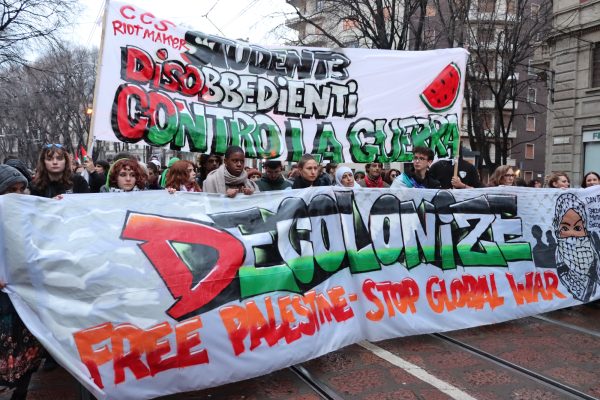
Soskil stated that he is “anti-Hamas but pro-citizen. [He thinks] innocent children and civilians should not lose their lives.” Keita said that she doesn’t agree with Israel’s actions but thinks that people in the Jewish religion shouldn’t be reprimanded for something a Jewish country is doing. Although they have varying perspectives, they agree that innocent lives should not become victims of political disputes.
Like Soskil and Keita, Dr. Abdelrahim Salih, a Middle Eastern Anthropology professor at HCC, has observed tension around the topic. Many professors avoid discussing it to maintain civility and prevent negative consequences, including losing their positions.
“I think it is risky because we don’t know. There are people in colleges and universities who try to influence the students’ and faculty’s opinions, or they try to silence them to not talk about what is going on in Gaza. And people are afraid of retaliation, afraid of not getting a raise, afraid of trouble, afraid of not getting their contracts renewed.”
“You can talk about anything in American universities. I’m referring to freedom of speech. However, when it comes to discussing Israel, people immediately accuse you of anti-Semitism and being a hater of Jewish people, which scares students, faculty, and others from speaking up,” Dr. Salih explained.
American media is suspected of manipulating citizens’ views by distorting facts, using different terminology, shortening coverage and filtering out certain realities that are shown in Arab media. This raises concerns about American media’s accuracy and impartiality, mentions IPL Global Observatory.
“The effective people are the people with few followers. People have millions of followers but rarely speak about what is going on. If they speak about it, they try to call for a ceasefire, try to find some kind of software that’s not going to get them into trouble and are not focusing on receiving the news or not really remembering the Palestinian children who died in hospitals on the streets. They remember the fighters who are fighting these rains. That is another way of presenting the information in a very distorted way,” Dr. Salih said.
Independent organizations that attempt to publish uncensored casualties are few and far between. Some still fear backlash and disputes to avoid civil discourse.
“There are many things that will make people hold off on what they want to say—they talk to the people they trust because of this environment that was created in most of the campuses in the United States. People are not really comfortable expressing their opinions about what is going on. Everybody has an opinion. But people are just afraid of retaliation,” said Dr. Salih.
Protests worldwide and on the HCC campus have brought attention to the Israel-Palestine conflict. However, participants often encounter online backlash, including exposure, threats or removal due to their views.
“I’m not saying everybody in Israel is bad; don’t get the wrong picture. There are Israeli citizens and the Israeli government, some contribute to the conflict, while others work to resolve it. There is a difference between the two; we are not categorizing everyone the same way. Similarly, I’m not saying all the Palestinians are good, either. There are Palestinians who created this mess in the first place. But the vast majority of them are just victims of the war,” Dr. Salih said.
Soskil, Keita and Dr. Salih examine the same scenario but view it differently. Their perceptions are influenced by their upbringing and the information they possess. However, despite their varying viewpoints, they can find common ground regarding innocent lives that should not be reprimanded for government disagreements.
“I feel like it’s going to take our generation [to stop innocent lives from dying], honestly. Our generation is the most technologically advanced, politically active, and most liberal generation with how we view rights, equality, and injustice,” Soskil said. “As long as people have access to form their own opinions, there will always be hate, and there will always be something bad happening, but we can only overcome that with education, understanding, and talking to each other—the fighting needs to stop. History is repeating itself, world war is repeating itself.”


